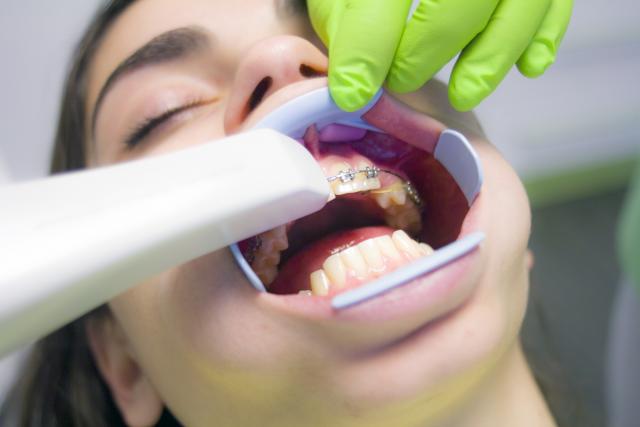Seventy years after fluoride was first introduced to drinking water in Australia and more than a decade after the Campbell Newman-led LNP state government handed the decision on water fluoridation to local governments, Noosa Council is one of 26 out of 77 councils across Queensland to fluoridate its water supply.
Last month Noosa resident Debra Walz asked Noosa Council at its ordinary meeting about its decision on fluoride and had her questions answered by council’s development and regulation director Richard MacGillivray.
Debra Walz: Given everything we know about the toxicity of fluoride, and Noosa Council being only one of 21 councils of 77 councils across the State of Qld that has adopted the inclusion of fluoride in the town water supply, was there any community consultation prior to fluoride being included, if so, when and how?
Richard MacGillivray:
Queensland Health advise that fluoridation of drinking water is the most effective community-wide means of reducing tooth decay.
Water fluoridation at optimal levels remains one of the most significant oral health programs in Australia and is supported by peak health bodies including National Health and Medical Research Council, Australian Dental Association, Australian Medical Association and the World Health Organisation.
Queensland Health confirm that approximately 72 per cent of Queenslanders receive fluoridated drinking water. Fluoride is added to drinking water because it strengthens tooth enamel and reduces tooth decay. The Department of Health is responsible for encouraging councils in Queensland to add fluoride to drinking water as well as strictly monitoring the quality and safety of potable water under state law and national guidelines. Fluoridation in Queensland is regulated in accordance with the Water Fluoridation Act 2008 and Water Fluoridation Regulation 2008. The State Government has since devolved powers to each local government in Queensland to be able to make the decision whether or not the town water supplies within their area are fluoridated. Noosa’s water is treated by the region’s bulk water authority Seqwater, including the addition of fluoride and is then distributed to customers throughout the region by Unitywater. It is relevant to note that the full costs to reverse any decision to fluoridate the water supply must be borne by the relevant local council and ratepayers. I am aware that Noosa along with Moreton Bay and Sunshine Coast Council’s, within Unitywater’s service area, have not made a decision under section 103 of the Water Fluoridation Act 2008 to cease adding fluoride to the water supply and no community consultation has occurred with regard to this subject.
Debra Walz: Is council aware of the numerous scientific studies that explain the detrimental health consequences of the addition of fluoride eg enzyme inhibitor, neuro toxin, dental fluorosis, osteoporosis, plus many more, in town water and do you believe the addition of fluoride in town water should be forced on people without consent?
Richard MacGillivray:
Council is aware there are a range of different viewpoints and research involving accredited, unaccredited and independent studied into the potential health benefits and effects associated with the fluoridation of town water. Council relies on advice from Queensland Health as the government department responsible for public health within our state to evaluate medical research from across the nation and globe and to provide clear guidance to local governments and communities on a range of public health matters including fluoride in water supplies. Advice from Queensland Health states that “Local governments should note that fluoridation has been proven as a safe, effective and ethical means of preventing tooth decay, for people of all ages and not just for children. It is supported by peak health bodies including the National Health and Medical Research Council, the Australia Dental Association, the Australian Medical Association and the World Health Organization. When considering whether fluoridation is in the best interests of a community, Queensland Health recommends local governments consider the significant oral health benefits that are associated with drinking water fluoridation.” In relation to statement regarding consent I would advise that councils are bound by the legislative framework which must be adhered to when making decisions about the fluoridation of town water. Council will fully adhere to its obligations in this regard.









